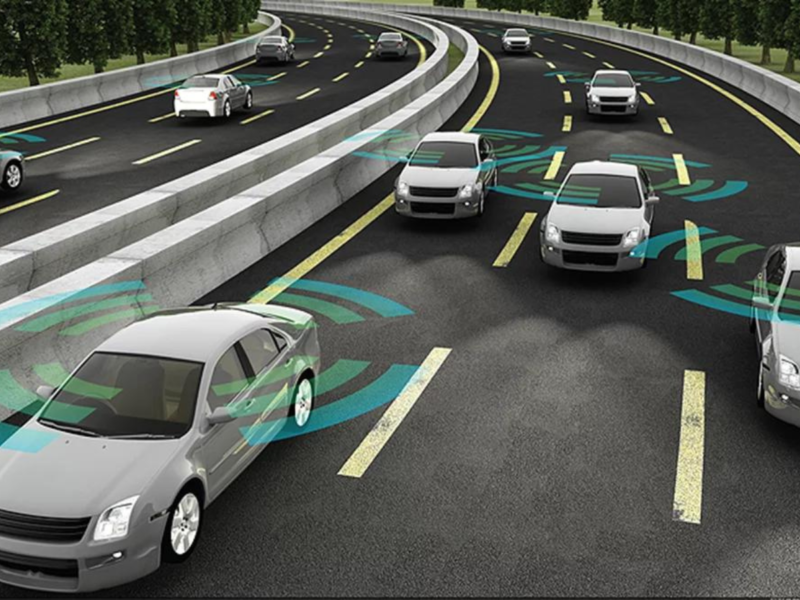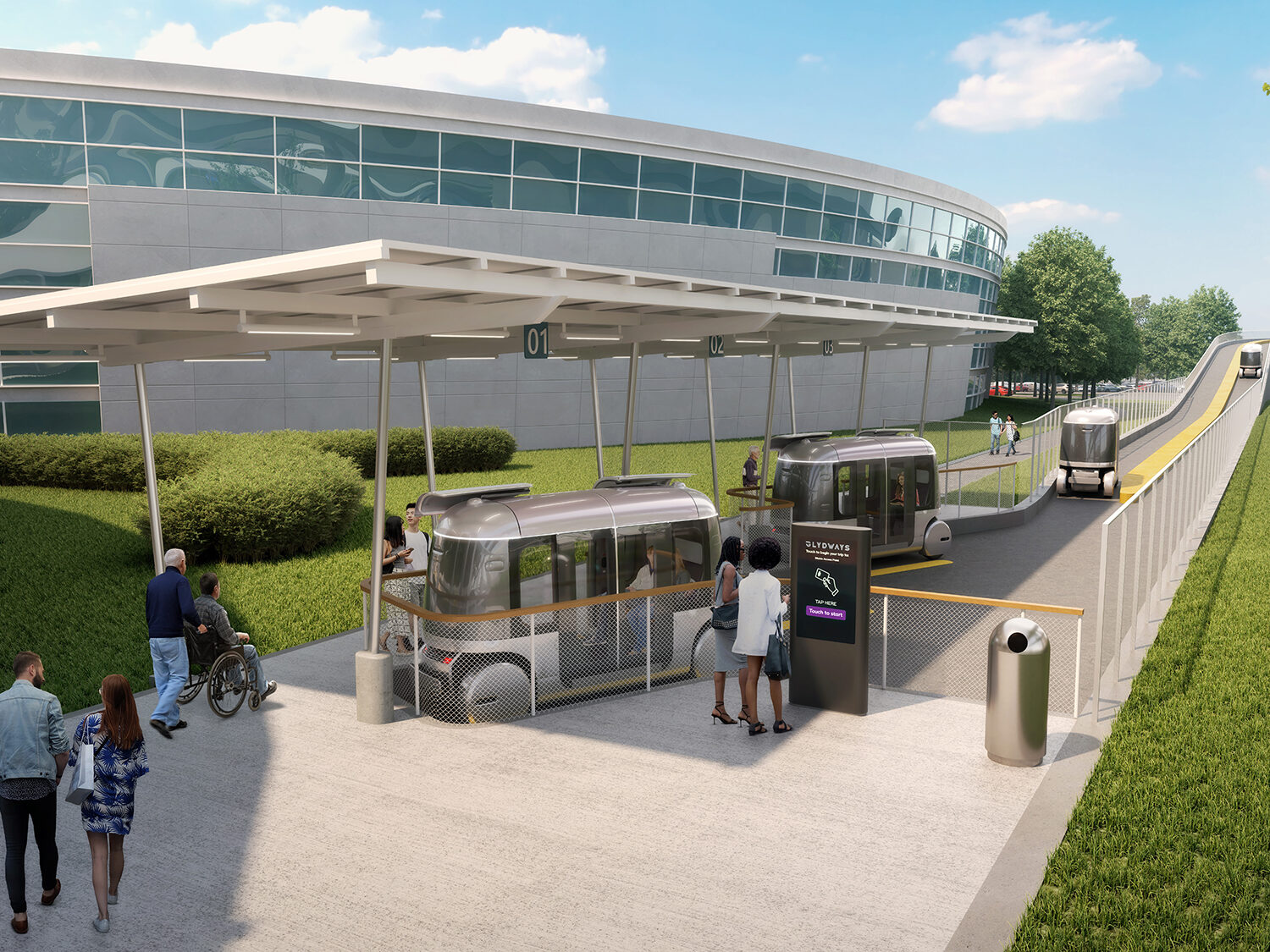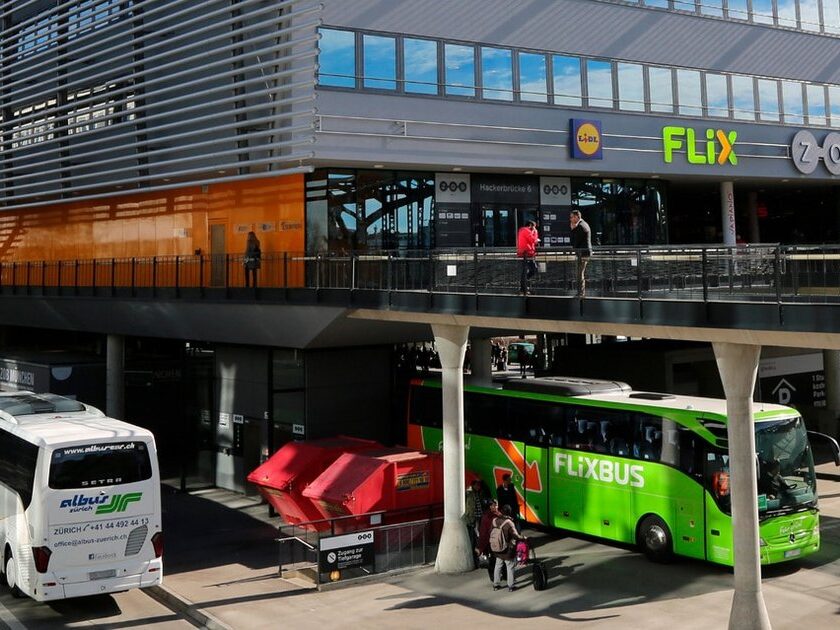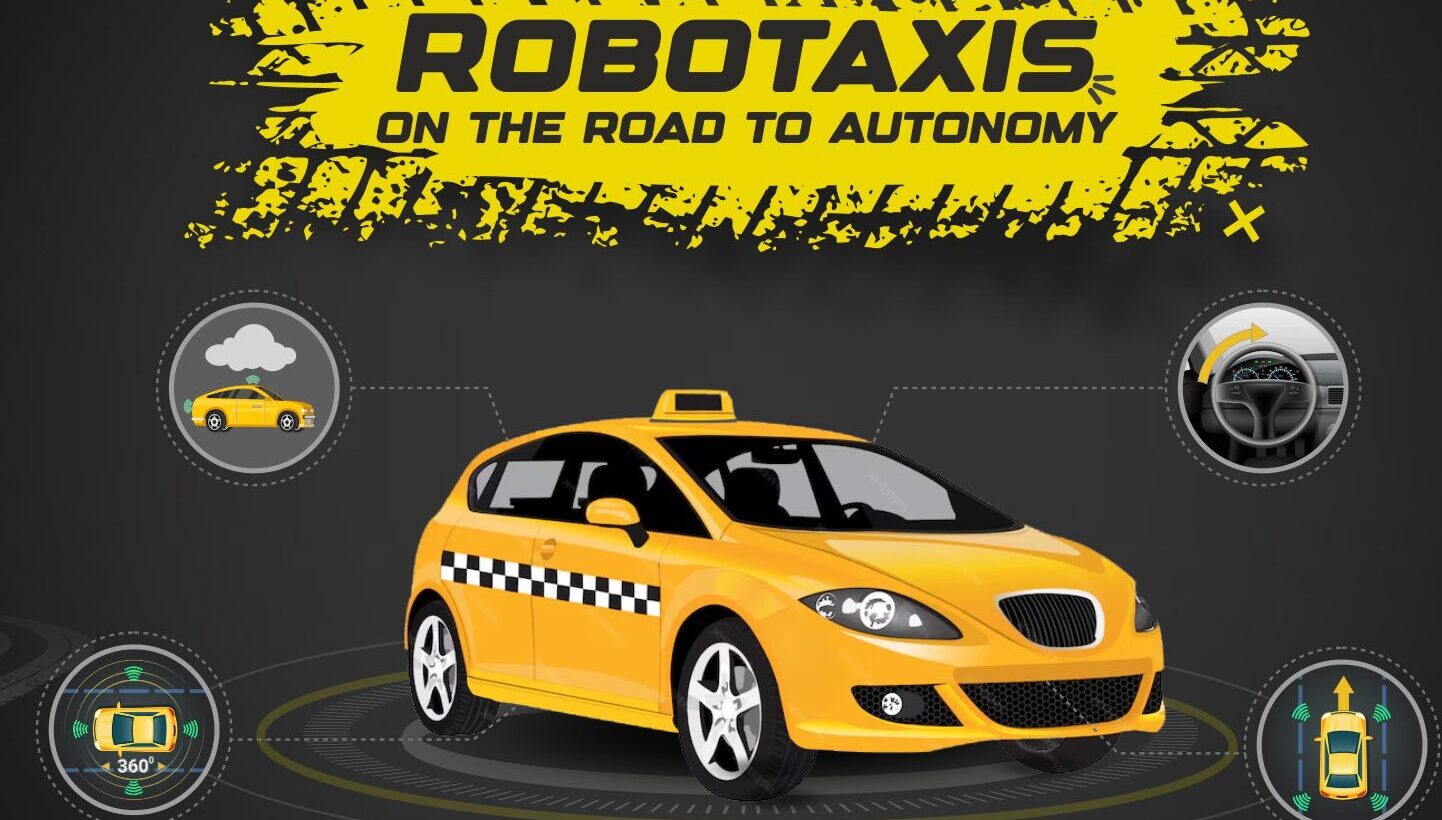The Automated Vehicles Bill, which aims to introduce regulation on the use of automated vehicles on roads and other public places, has returned to the House of Lords for a final round of amendments in a process that is referred to as parliamentary ‘ping pong’.
Newly accepted changes to the bill include more definition on the powers of Welsh ministers and traffic regulations in Wales, as well as processes in the event of money being received by a traffic commissioner.

First introduced into the House of Lords in November 2023, the bill, which has been sponsored by Department for Transport members Lord Davies and Mark Harper, has now reached it’s final stage known as the Royal Assent.
When a bill has been passed through a third reading in both Houses, the House of Lords must consider, and either agree or disagree, to amendments proposed by the second House (Commons), or make alternative proposals. This process can often repeat itself until a bill is finalised, and this is known as ‘ping pong’.
If successful, the bill will implement a four-year review into the legal framework required for the safe deployment of self-driving vehicles within Great Britain. The review is set to be carried out by the Law Commissions of England & Wales and Scotland.












